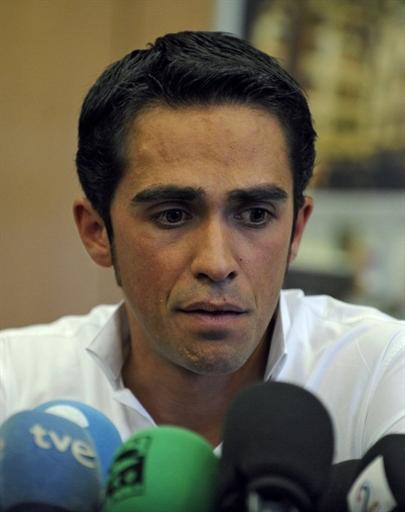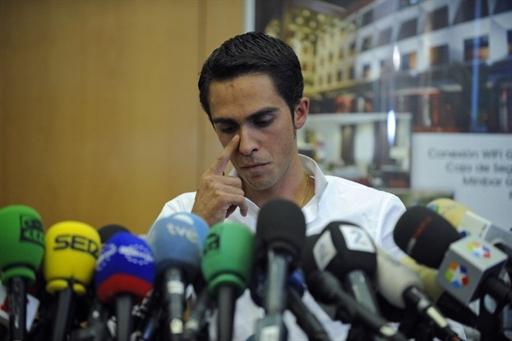Contador: Food contamination or political victim?
Closer look at the lab behind test
The latest race content, interviews, features, reviews and expert buying guides, direct to your inbox!
You are now subscribed
Your newsletter sign-up was successful





When announcing his positive test for clenbuterol Alberto Contador’s press officer stated that he’s been a victim of food contamination, but Cyclingnews understands the Spaniard might also be a victim of political issues surrounding the fight against doping. The International Cycling Union (UCI) confirmed after Contador’s announcement that the traces of clenbuterol found were some 400 times less than the volume World Anti-Doping Agency labs are required to test for.
“The concentration found by the laboratory was estimated at 50 picograms (or 0,000 000 000 05 grams per ml) which is 400 time less than what the antidoping laboratories accredited by WADA must be able to detect,” said the UCI release.
The Cologne, Germany, laboratory that tested Contador’s July 21 sample is known for being one of the worlds’ most advanced for clenbuterol detection. Had Contador’s sample been tested anywhere else the traces are so minute that the substance would likely have been undetected.
Samples from this year’s Paris-Nice and Tour de France weren’t tested at the French Châtenay-Malabry laboratory in Paris, France, making it the first time in history another lab has handled the Tour’s samples. This is the result of the constant war between the French anti-doping agency French Anti-doping Agency (AFLD) and the UCI.
The Parisian lab is operated by AFLD so therefore cannot handle samples from a WADA-governed event. That’s why the UCI has samples tested in either Lausanne or Cologne.
The latest race content, interviews, features, reviews and expert buying guides, direct to your inbox!
